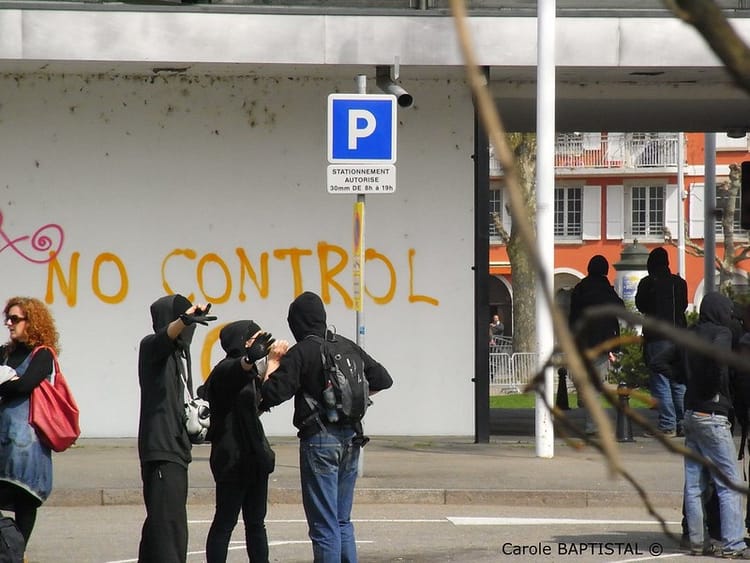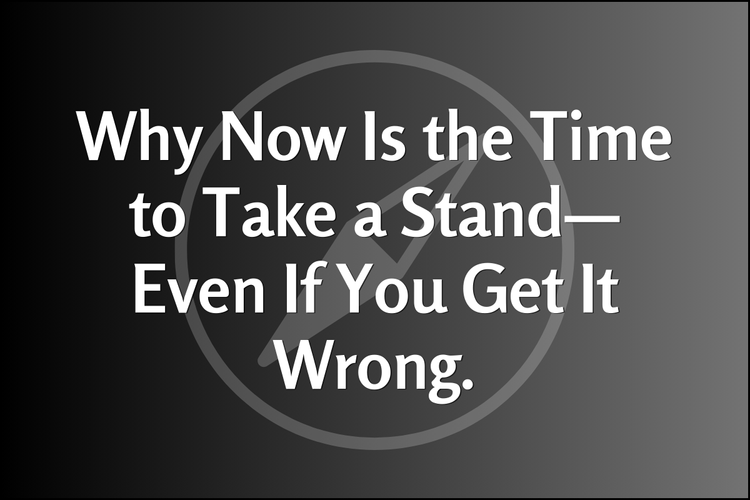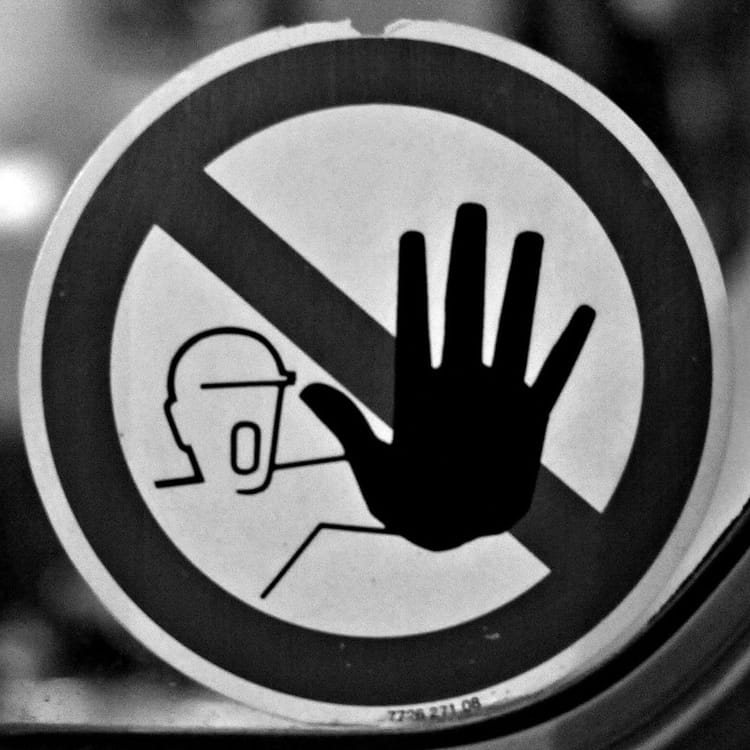Words Themselves Are Not Violence - Only Physical Acts of Aggression Are

Violence is a physical action, whereas words are symbols acting as intellectual constructs.
Sticks and stones may break my bones, but words will never hurt me.
The idea that insults, prejudicial or racist language is a form of violence is a highly problematic one that needs to be addressed.
If we change the definition of violence so that the simple use of words could be used to ruin the life of another person, we create a slippery slope with no end towards a permanently polarized world built entirely upon an us vs. them mortal dichotomy.
We need to maintain a clear distinction between violence and its meaning as a physical manifestation of accumulated aggression, hate, or rage as opposed to the verbal abusive or hateful use of language to demean, insult, or slander.
The former causes physical suffering or even mortal wounding as the result of a physical attack. The latter — language — can be ignored, walked away from, or internalized.
Triggering language is not violence.
Take an insult for example. Someone says something horrible to you online or in front of a group of people. You could feel shame, upset, depression, or disgust. You could also look at the situation with neutrality. Furthermore, you could see the insulter as an unhappy person, as being angry and not having the ability to hold a reasonable dialogue with you. Instead, they need to resort to name-calling or insults.
We get to choose how we respond to words. Some of us might not have the intellectual or emotional training and capacity to do so in a self-loving, effective, or neutral fashion. But that is something that can be taught, learned, and consciously practiced.
We don’t have to defend ourselves against words.
We might choose an intellectual or argumentative form of defence, but we don’t have to. When it comes to violence, we might not have the opportunity of defence. It might be thrust upon us, and we might be unable to escape. We might have choices at the moment, like nonviolent resistance, but that does not guarantee we will be able to walk away physically unharmed. Moreover, we may or may not be skilled in the ways of deflecting a physically violent attack, like having learned a form of martial arts. We may have to physically fight back to defend ourselves.
There’s a simple an eloquent quotation from Eleanor Roosevelt that go something like this:
“No one can make you feel inferior without your consent.”
What other people say has nothing to do with you. You give them power over you if you choose to believe that those words can hurt you. Similarly,
“You wouldn’t worry so much about what others think of you if you realized how seldom they do.”
The words we use and the way in which we understand those words constitute belief.
If you choose to believe that words are themselves a form of violence, your life is going to be a very difficult one.
Violence is another thing entirely. Violence leads to physical aggression be that hand-to-hand combat or even more dangerously with weapons. Violence can be one on one, group against group, or country against country. Violence most often results in physical scars, wounds, or death.
There is a relationship between words and violence, but the one does not equal the other.
Just because somebody says something insulting, aggressive, or racist, that does not immediately equate to or lead to an act of violence. This is the gap or the space between words and violence. We can use our words to initiate discussion, dialogue, to create connection and community. We can use our words to express our emotions, understanding, or a willingness to compromise or change.
Violence is not about creating connection.
Violence is about permanently severing connection or killing it off completely.
The next time someone says, ‘You should’ve told me that you were going to talk about this subject that triggers me,’ you might want to have a gentle conversation with them. Help them to understand that while the subject could be upsetting to them, having an open discussion or debate about the subject is not in and of itself violence.
I don’t believe you can feel violence on an emotional level in the sense or perception of a situation feeling violent. The emotions we might feel responding to a violent act are fear, panic, anger, rage, and so on. But I don’t know if we feel violence in and of itself as a single emotion. Instead, we physically act violently.
Violence is a physical action or assault expressed with force.
Words require cognitive ability to understand what another person is saying and to then determine an appropriate response. When you leave your prefrontal cortex — your rational brain — and move into one of your animal brains because you feel under threat (e.g., the amygdala), you are not going to be able to think logically. Have you ever tried to have a balanced dialogue while in a state of rage or while under threat?
I think that this is the challenge that supports the confusion about the relationship between words and violence. The one does not equal the other. We need words to understand each other. We use words to describe other words. And we need words to commune.
Violence is not about understanding, it is a physically forceful assault. Words are symbols acting as intellectual constructs. Words, therefore, cannot be a physical action of any kind, including violence.





Member discussion